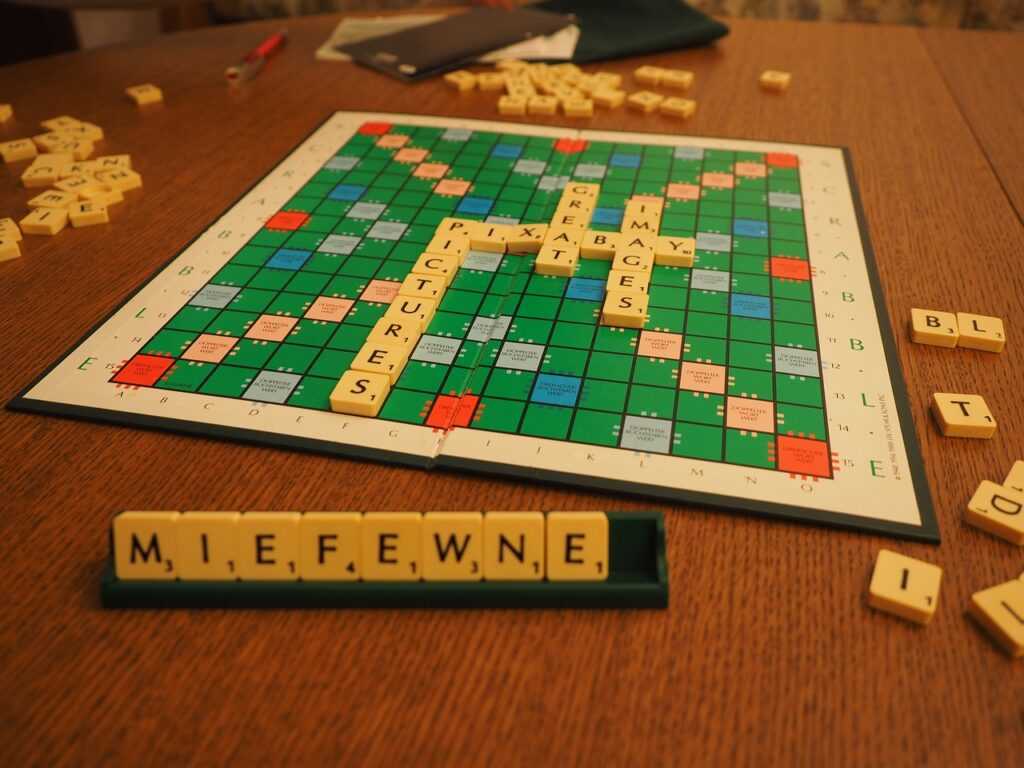CuttingEdge Innovations in Sustainable Technology
In today’s fastpaced world, the evolution of technology plays a crucial role in shaping the future of sustainability. From renewable energy to waste management, innovative solutions are constantly emerging to address environmental challenges. In this section, we’ll explore some of the latest cuttingedge innovations in sustainable technology that are making a significant impact.
Renewable Energy Solutions
Renewable energy is at the forefront of sustainable technology, offering clean alternatives to traditional fossil fuels. Solar, wind, and hydro power are leading the way in revolutionizing the energy sector. One notable innovation in this field is the development of advanced solar panels that are not only more efficient but also more affordable. These panels have the potential to significantly increase the adoption of solar energy across residential and commercial sectors, reducing carbon emissions and dependence on nonrenewable resources.
Sustainable Transportation Systems
Transportation is a significant contributor to carbon emissions, making it a key area for sustainable technological advancements. Electric vehicles (EVs) have gained popularity in recent years, thanks to advances in battery technology and infrastructure. The growing network of charging stations and the improved range of EVs are driving the transition towards cleaner transportation options. Additionally, the integration of smart technologies, such as selfdriving features and connectivity, is shaping the future of sustainable mobility.
Waste Management Innovations
Effective waste management is essential for a sustainable future, and technology is playing a vital role in optimizing this process. Wastetoenergy technologies, which convert waste into usable energy sources, are gaining traction as a sustainable solution for both waste reduction and energy generation. Additionally, advanced recycling technologies are improving the efficiency of recycling processes, enabling the recovery of valuable materials from waste streams. These innovations not only help reduce landfill waste but also contribute to resource conservation and environmental protection.
Water Conservation Technologies
Water scarcity is a pressing global issue, making water conservation technologies critical for sustainable development. Innovations such as smart irrigation systems, which use data analytics to optimize water usage in agriculture, are helping reduce water waste and improve crop yield. Moreover, desalination technologies are providing solutions for freshwater production in areas facing water shortages. These technologies are not only enhancing water sustainability but also addressing the challenges posed by climate change and population growth.
Blockchain in Sustainability
Blockchain technology is revolutionizing various industries, including sustainability, by enhancing transparency, traceability, and accountability in supply chains. By creating secure and immutable records of transactions, blockchain is enabling more efficient tracking of product origins, carbon footprints, and resource consumption. This technology is empowering consumers to make informed choices about sustainability and encouraging businesses to adopt environmentally responsible practices. The integration of blockchain in sustainability efforts is paving the way for a more transparent and ethical marketplace.
In conclusion, the rapid advancements in sustainable technology are shaping a more ecofriendly and resilient future. The innovations highlighted in this section represent just a glimpse of the endless possibilities that technology offers in addressing environmental challenges. By embracing these cuttingedge solutions and continuing to drive innovation, we can create a more sustainable world for generations to come. Together, we can make a positive impact on the planet and ensure a greener future for all.
gkfnhev



